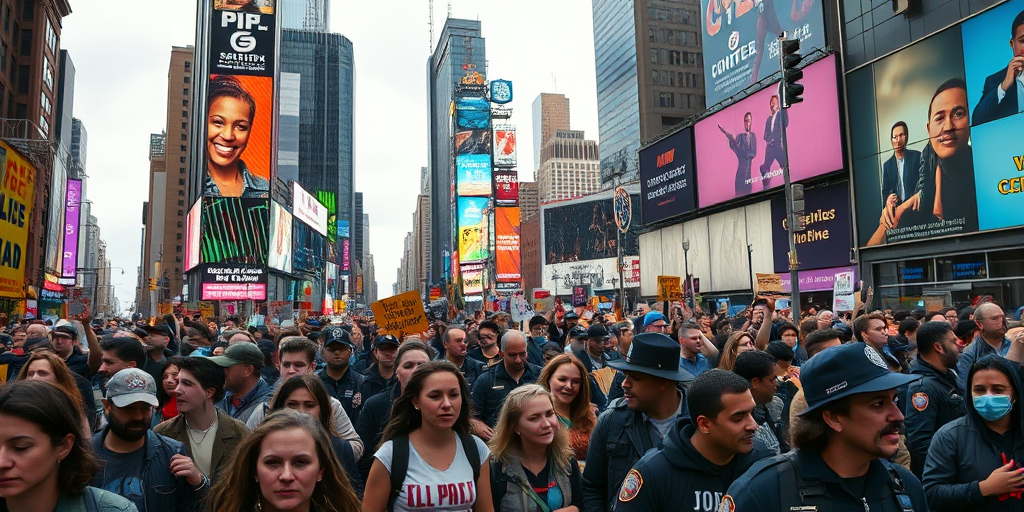North Little Rock School District Orders LGBTQ+ Books Hidden from Students on Digital Platform
The North Little Rock School District has recently decided to obscure a selection of 50 LGBTQ+ books from students’ digital learning platforms, sparking widespread debate among local residents. This decision has emerged amidst ongoing discussions about educational accessibility, inclusion, and community values.
District’s Move Raises Community Concerns
In a seemingly sudden move, the school district directed these books to be hidden, citing a vague alignment with educational guidelines and community standards. The decision has left many parents and community advocates questioning the transparency and inclusivity of the district’s decision-making process.
Superintendent Michael Poore offered a brief statement, clarifying the intent to align “with current curricular frameworks while considering diverse community beliefs.” However, this explanation has left some parents and educators dissatisfied, prompting concerns about censorship and educational integrity.
Context and Background
The issue arises in the context of broader national debates over educational content and representation in schools. Across the United States, school districts grapple with balancing curricular content that respects diverse identities with addressing differing community opinions.
In North Little Rock, book bans and content restrictions have seen previous iterations. In the past few years, local advocacy groups have argued both for and against the inclusion of texts that explore themes of gender identity and sexual orientation, indicating a community deeply divided on these issues.
Diverse Perspectives Fuel Debate
To better understand how this decision resonates through the community, Woke News reached out to a range of local voices. Sarah Jennings, a parent and vocal supporter of inclusive education, expressed her concerns:
“These books provide necessary representation for our LGBTQ+ students, helping them feel seen and understood. To hide these resources is akin to erasing their identities,” she said. Jennings added that such actions might contribute adversely to students’ mental health and self-acceptance.
Conversely, some other parents see the district’s action as a protective measure aligning with family values. Brian Thompson, a father of two students in the district, remarked, “As parents, it’s important to have a say in what our kids are exposed to at school. I respect the school’s decision to respect different community views.”
Educational and Social Implications
It’s not only educational direction that is of concern; there are social consequences to consider. Such censorship might significantly impact students’ understanding of diverse lives and perspectives, potentially stifling empathy and awareness. The lack of accessible LGBTQ+ literature could send a message of exclusion, contradicting efforts toward fostering inclusivity and tolerance within school environments.
According to Dr. Emily Huerta, an education expert at the University of Central Arkansas, “Restricting access to these books can disadvantage students in learning about diverse identities, which is crucial for their development in a modern and multicultural society.”
Reflections on Prior Local Issues
This controversy connects to previous regional disputes over censorship and diversity in educational materials. Community board meetings have often been venues for fervent discussions about curriculum content, highlighting the challenge of reaching consensus in a diverse community such as North Little Rock.
While similar disputes have surfaced in the past, each new instance reignites vital conversations about whose histories and experiences are validated within educational systems.
Future Implications for North Little Rock
Looking ahead, this decision could prompt further action among community stakeholders, spurring discussions, petitions, and debates. School board meetings scheduled in the coming months are anticipated to address the policy and the district’s overarching strategy regarding inclusion and educational freedom.
Local advocacy groups are already mobilizing to ensure diverse voices are heard. In response to the decision, Rainbow Readers Alliance has arranged a community town hall meeting to discuss the implications and explore pathways to appeal or modify such decisions.
Local Resources and Support
For residents affected or seeking further involvement, resources are available. Local libraries and community centers continue to offer a variety of diversity-focused programs and book clubs welcoming to all perspectives. Additionally, organizations like The Center for Artistic Revolution work with families and educators to foster inclusive educational spaces across Arkansas.
In the unfolding narrative of North Little Rock’s educational landscape, this event underscores the perennial tension between educational autonomy and parental influence, highlighting the essential dialogue surrounding educational content in contemporary America. As the community navigates these discussions, balancing local impact and community interest will remain crucial in shaping inclusivity and shared understanding.







